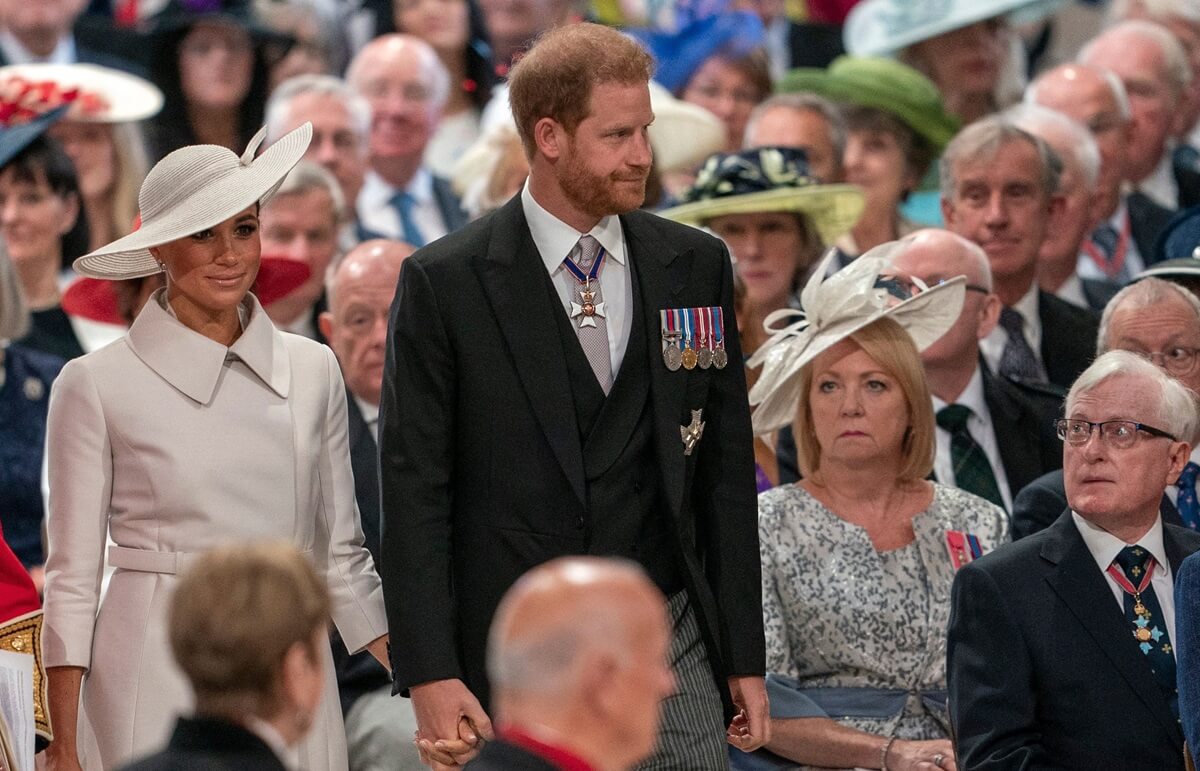The Daily Mirror of London will pay Prince Harry $180,000 in damages after he won his law suit against the newspaper for hacking his phone.
Justice Timothy Fancourt in the High Court found phone hacking was “widespread and habitual” at Mirror Group Newspapers over many years and private investigators “were an integral part of the system” to gather information unlawfully on Harry and his associates. He said executives at the papers were aware of the practice and covered it up.
Fancourt found the newspapers had invaded the Duke of Sussex’s privacy by using unlawful information gathering to produce 15 of the 33 newspaper articles examined at trial as a representative sampling from nearly 150 Harry cited.
Harry said the ruling was “vindicating and affirming” and should serve as a warning to other news media that used similar practices, an overt reference to two tabloid publishers that face upcoming trials in lawsuits that make nearly identical allegations.
“Today is a great day for truth, as well as accountability,” Harry said in a statement read by his lawyer outside court. “I’ve been told that slaying dragons will get you burned. But in light of today’s victory and the importance of doing what is needed for a free and honest press, it is a worthwhile price to pay. The mission continues.”
Fancourt awarded the duke damages for the distress he suffered and a further sum for aggravated damages to “reflect the particular hurt and sense of outrage” over the fact that two directors at Trinity Mirror knew about the activity and didn’t stop it.
“Instead of doing so, they turned a blind eye to what was going on and positively concealed it,” Fancourt said. “Had the illegal conduct been stopped, the misuse of the duke’s private information would have ended much sooner.”
Harry, the estranged younger son of King Charles III, had sought 440,000 pounds ($560,000) as part of a crusade against the British media that bucked his family’s longstanding aversion to litigation and made him the first senior member of the royal family to testify in court in over a century.
His appearance in the witness box over two days in June created a spectacle as he lobbed allegations that Mirror Group Newspapers had employed journalists who eavesdropped on voicemails and hired private investigators to use deception and unlawful means to learn about him and other family members.
“I believe that phone hacking was at an industrial scale across at least three of the papers at the time,” Harry asserted in the High Court. “That is beyond any doubt.”
Harry had a tendency in his testimony “to assume that everything published was the product of voicemail interception,” which was not the case, the judge said. He said Mirror Group was “not responsible for all of the unlawful activity directed at the duke.”
Mirror Group welcomed the judgment for providing the “necessary clarity to move forward from events that took place many years ago.”
“Where historical wrongdoing took place, we apologize unreservedly, have taken full responsibility and paid appropriate compensation,” the company said in statement.
The case is the first of three lawsuits Harry has brought to court against the tabloids over allegations of phone hacking or some form of unlawful information gathering. They form the front line of attack in what he says is his life’s mission to reform the media.


